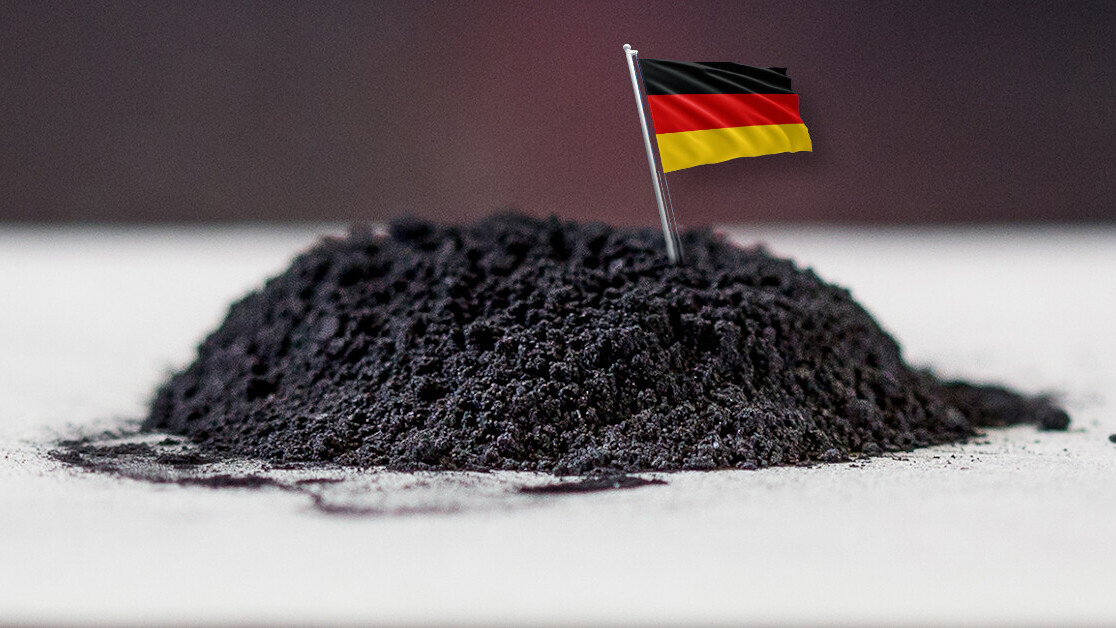Germany has struck gold! Well, not gold, but it’s the electric vehicle equivalent. It’s actually discovered a rich vein of lithium, the precious metal that’s a vital ingredient in electric vehicle batteries.
As reported by Reuters, the European nation is sitting on enough lithium to make 400 million electric cars.
The precious metal, geologists say, is thousands of meters deep below the earth’s surface in molten form, beneath the Rhine river. It spans an area 300 km long and up to 40 km wide, in the Upper-Rhine Valley in the Black Forest area of southwest Germany.
That amount of lithium is great news for the German — and wider European — electric car industry.
If the country can find a way to extract the metal in a cost-effective and ethical way, it will no longer have to rely on imported materials, most of which come from Australia, Chile, and China.
That also means the lithium used in European made EVs will have a significantly lower carbon footprint than when it’s transported around the world for final stages of processing and manufacture.
However, extracting the lithium is easier said than done.
One startup eager to extract the lithium deposits told Reuters that it plans to build a number of geothermal power plants, to generate the energy needed for extraction operations.
While it may be able to make the extraction carbon neutral, it will still create significant geological disruption.
Authorities will also likely come up against strong local opposition. While most people are in favor of renewable energy and lower emissions, many aren’t so accepting when it results in local disturbance.
Do EVs excite your electrons? Do ebikes get your wheels spinning? Do self-driving cars get you all charged up?
Then you need the weekly SHIFT newsletter in your life. Click here to sign up.
Get the TNW newsletter
Get the most important tech news in your inbox each week.





